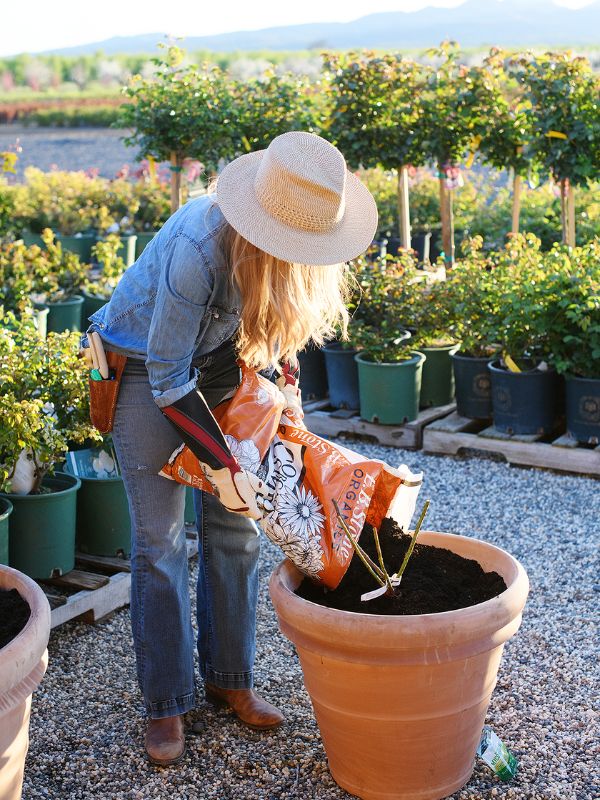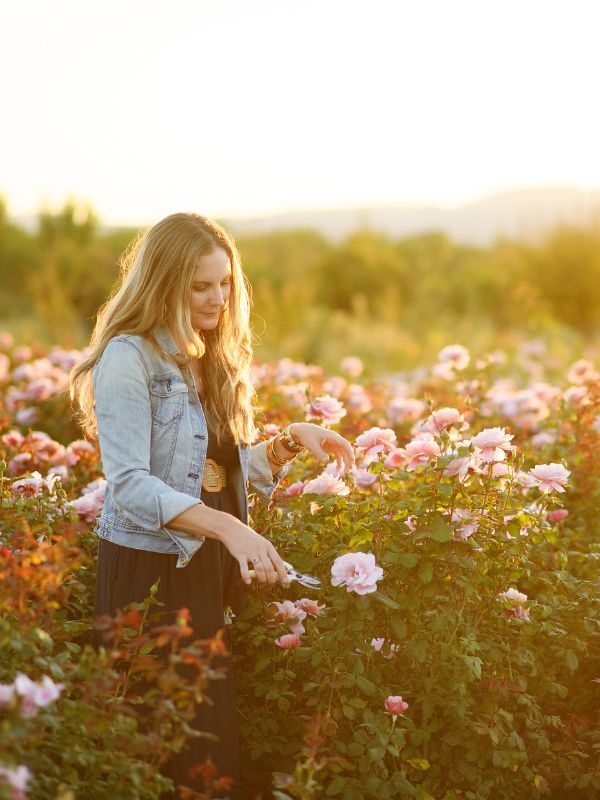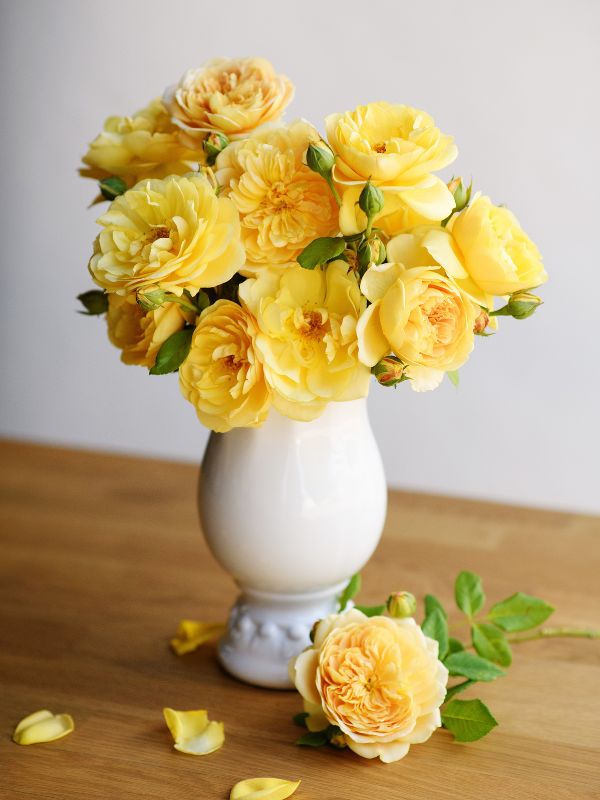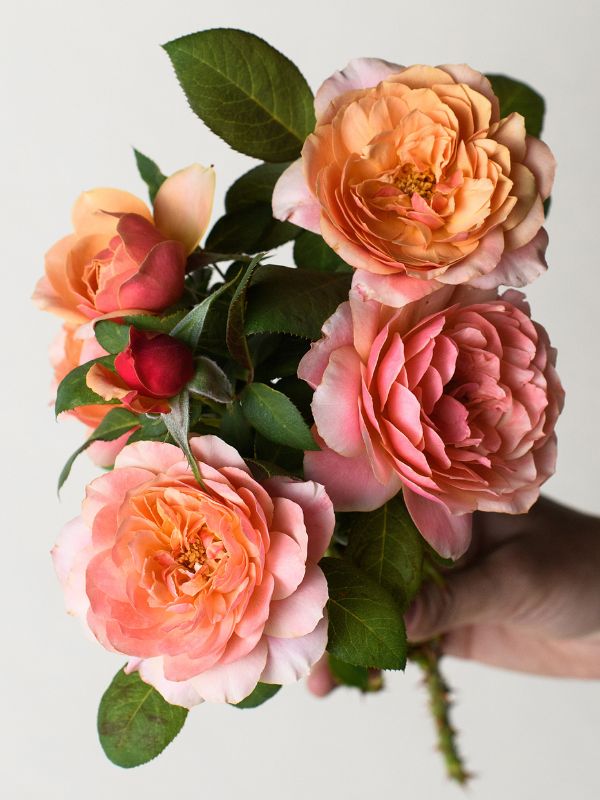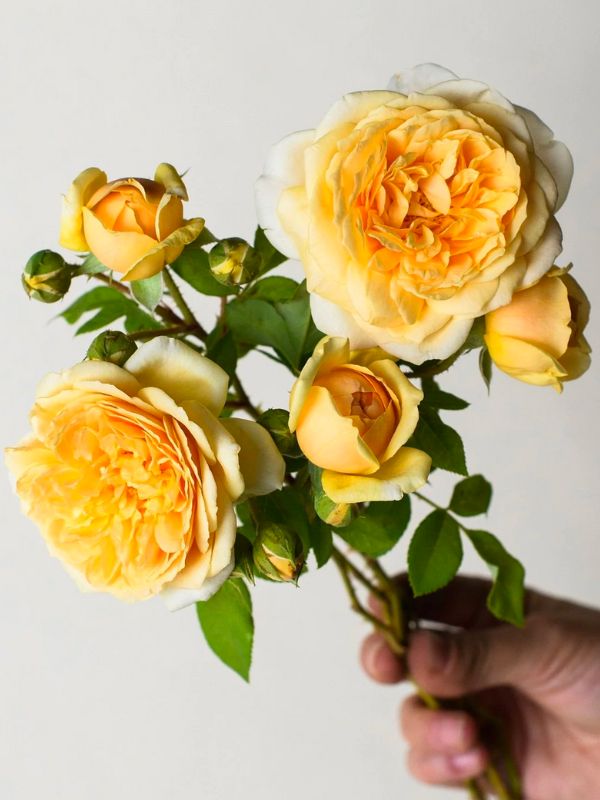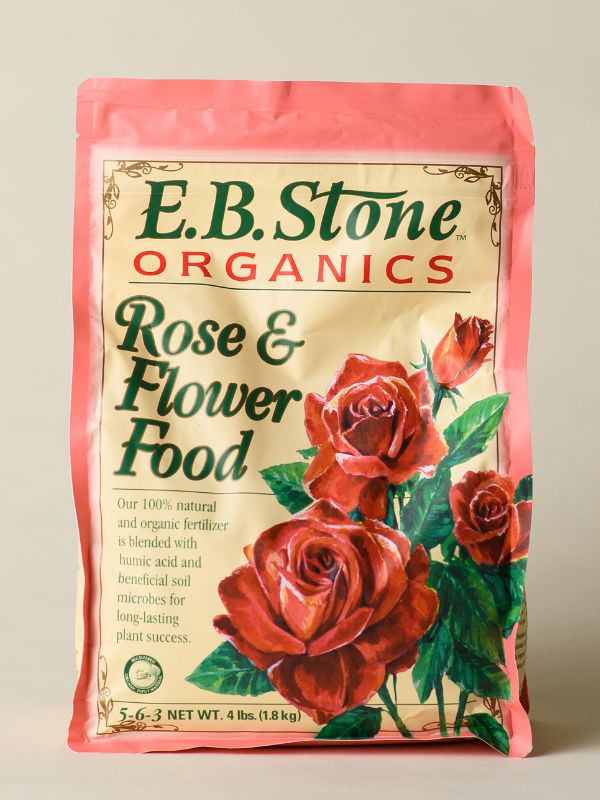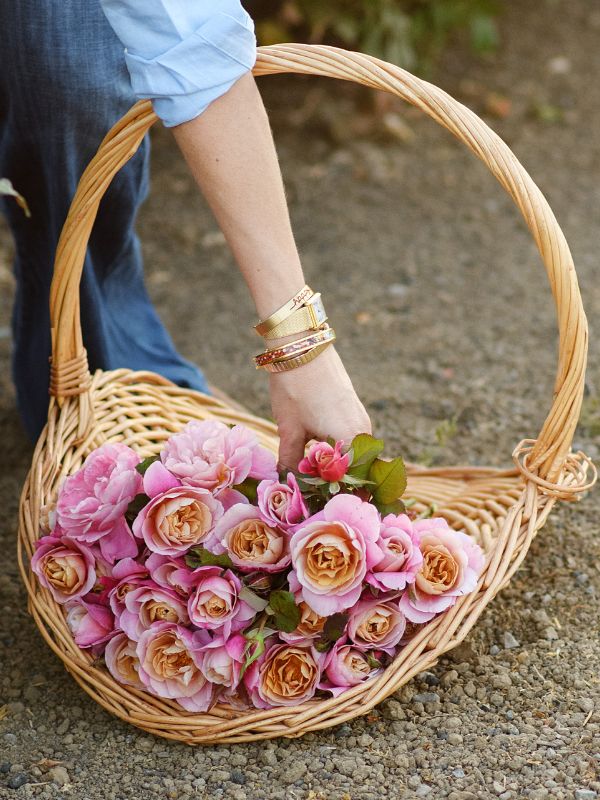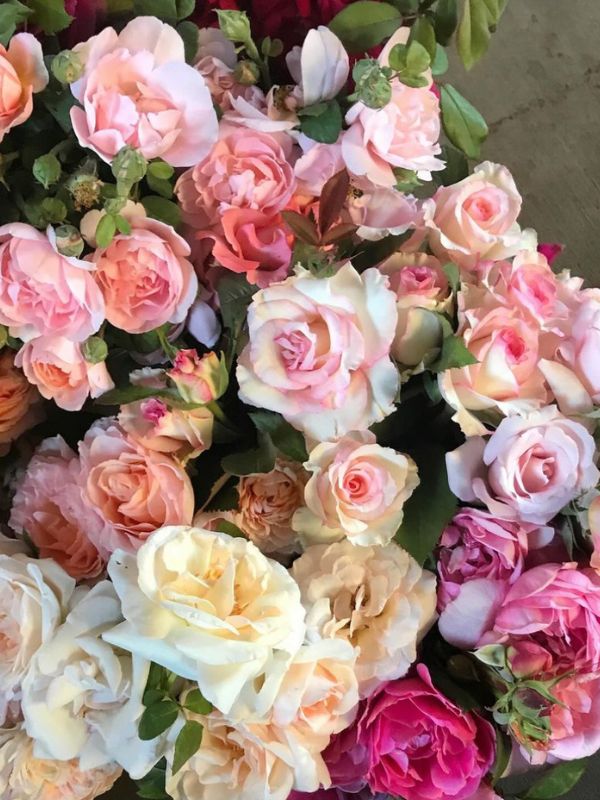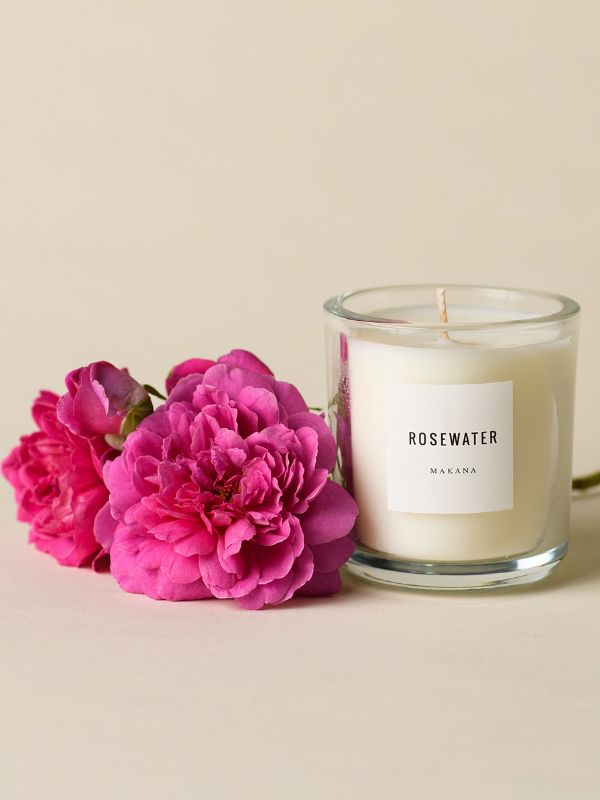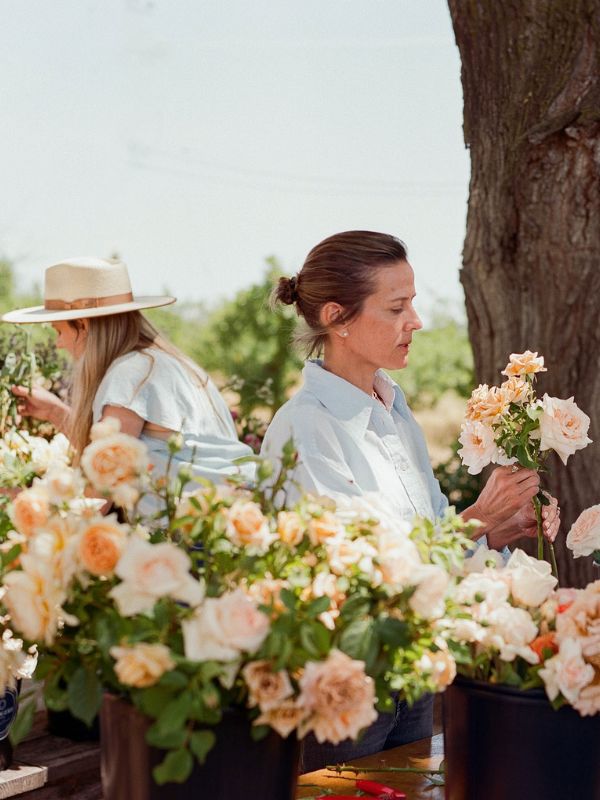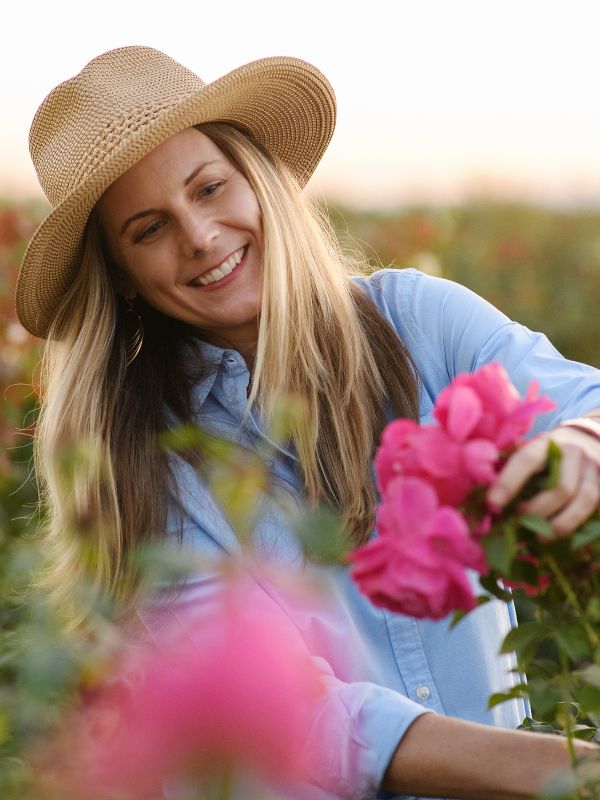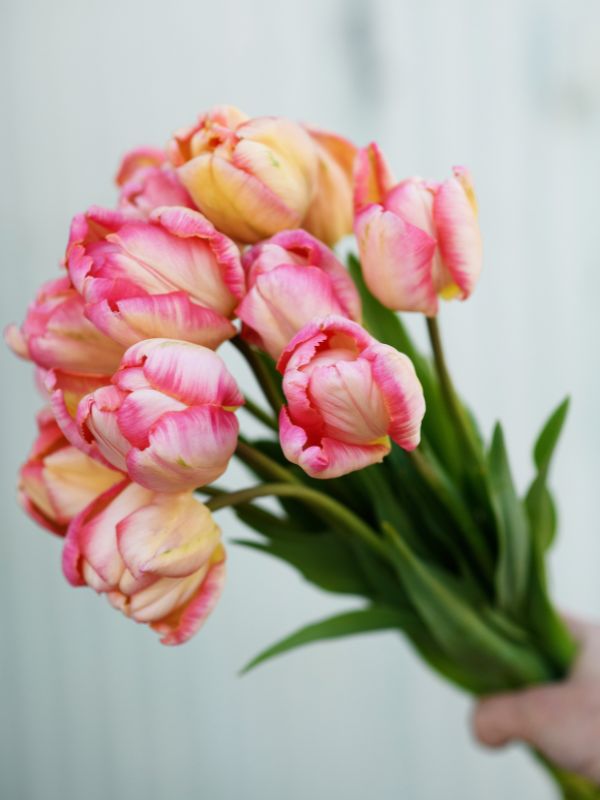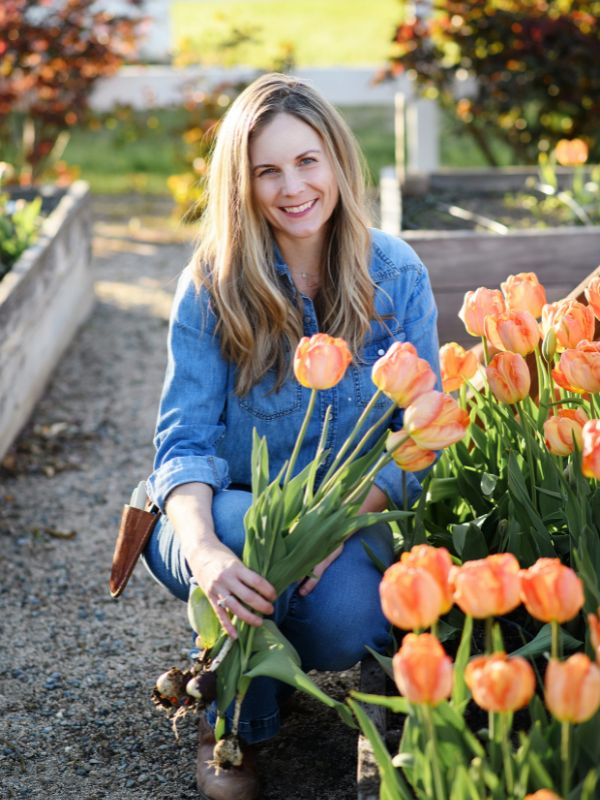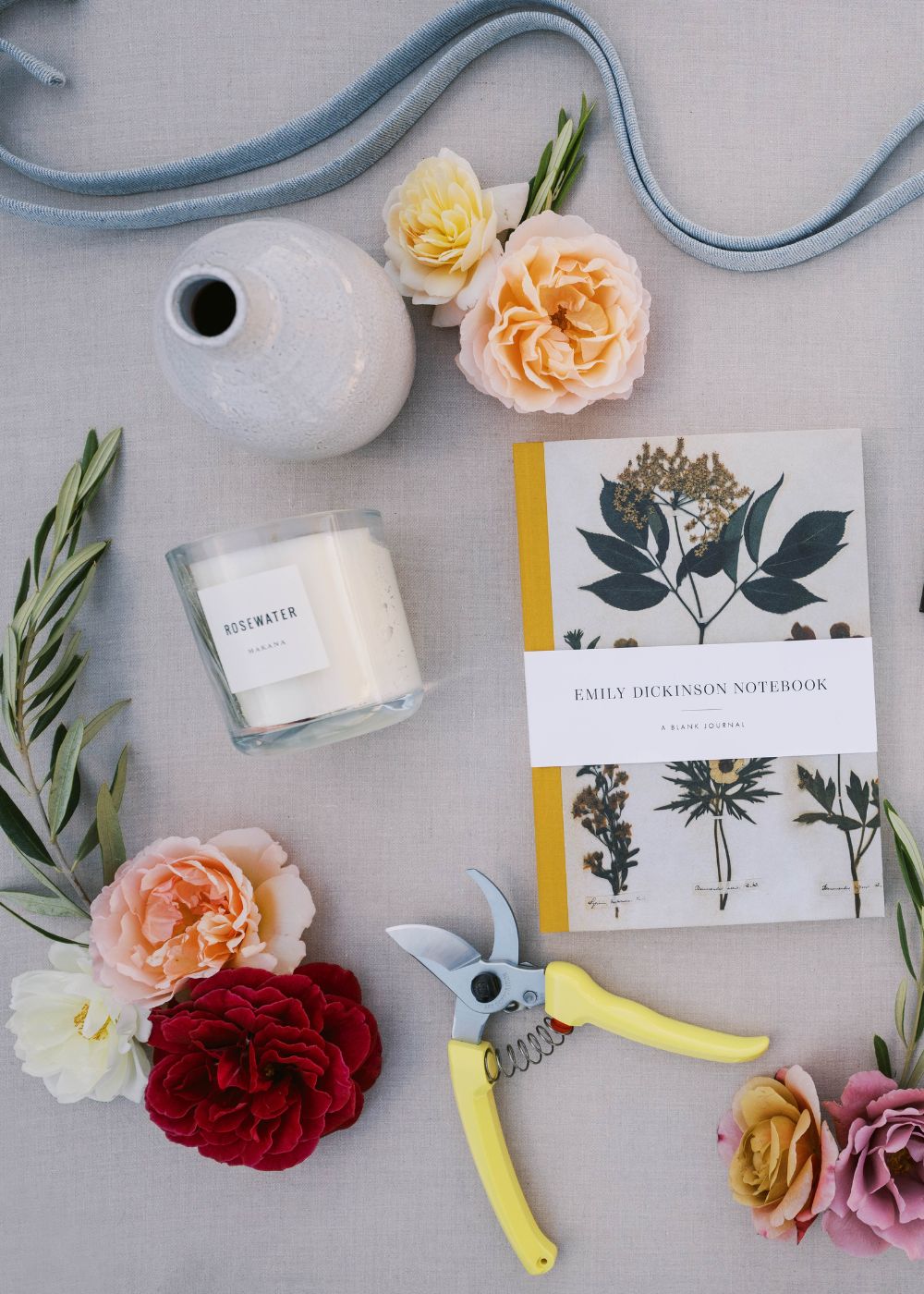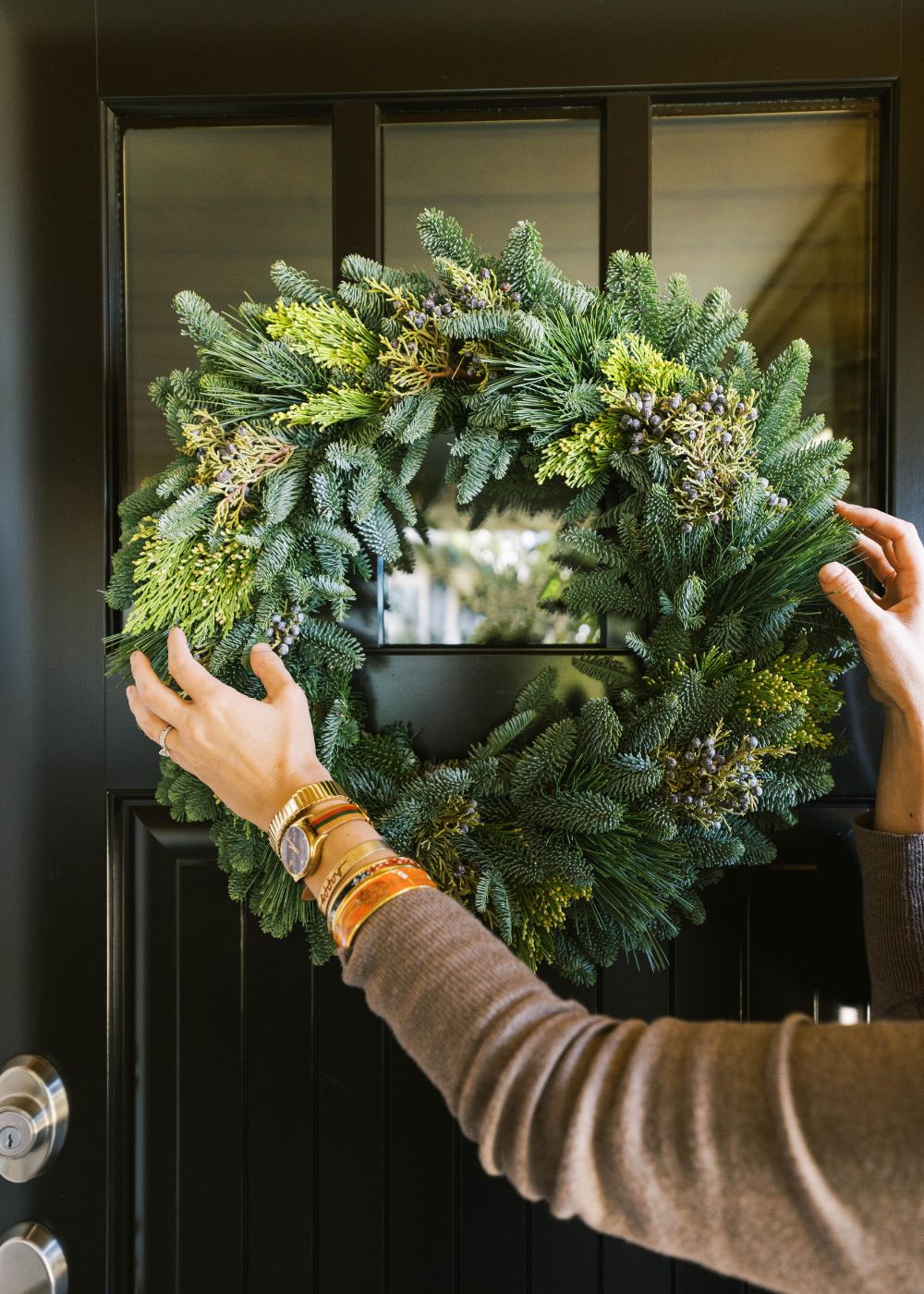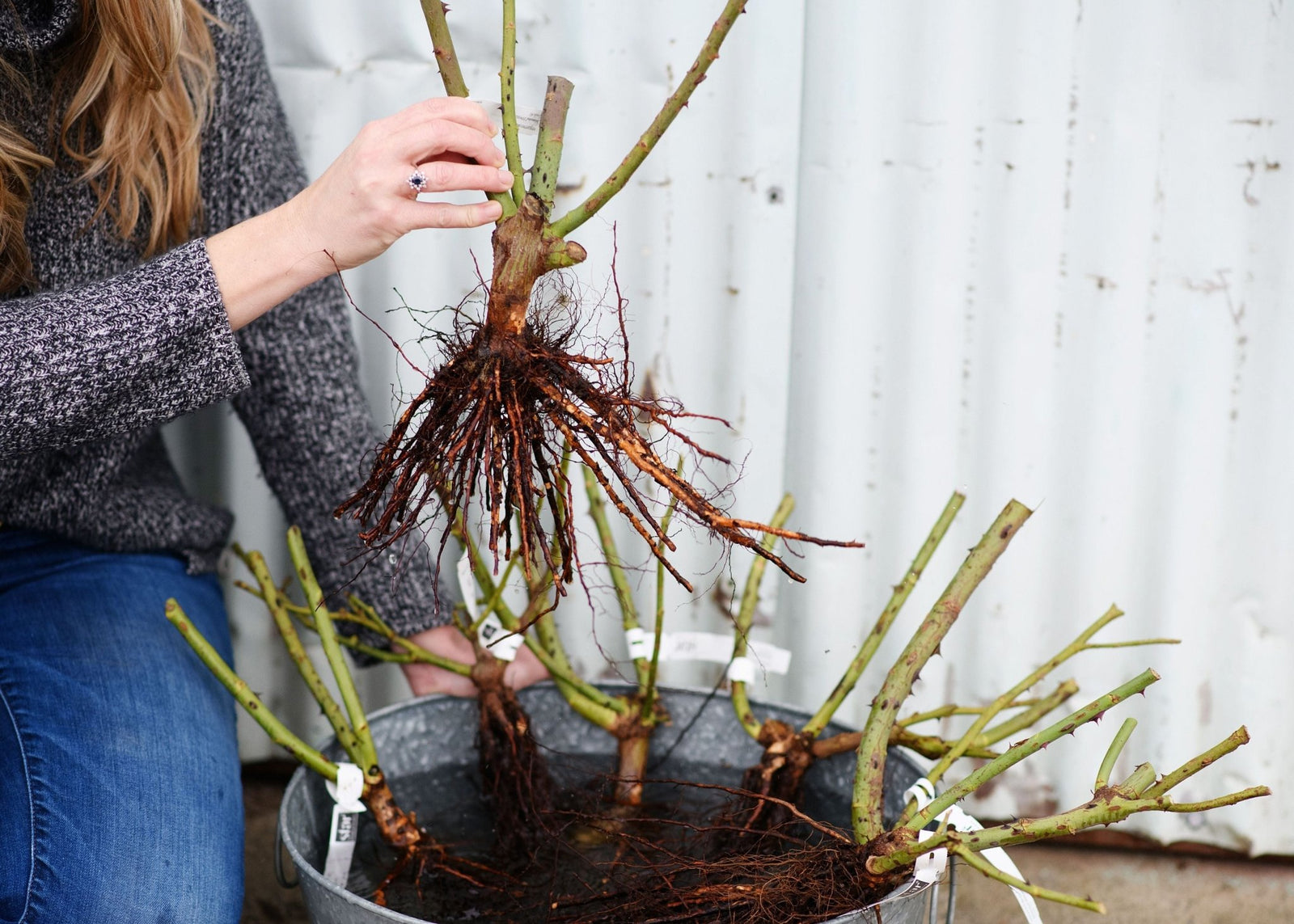This month, we're diving into first-year bare root rose care, and this week we're tackling a biggie: fertilizers. I know, I know—everyone's always asking me what fertilizers to use on their bare root roses. But get ready for a surprise: you don't actually need to fertilize your new roses—at least not right away. Yep, you read that right.
Here's the deal: if your soil is healthy and you're adding compost each year, your roses can thrive without fertilizer—or usually with just one good feeding in the spring. But if you're growing a rose-cutting garden or running a flower farm (hi, fellow overachievers!), you'll likely want to dial in their nutrition game to keep those blooms big and those stems strong for cut flower sales.
What kind of fertilizer is best? Here's the truth: there's no “best” fertilizer. It all depends on what your soil needs. That's why I
always start with a yearly soil test before I even think about applying fertilizer. My go-to is this
Soil Test Kit. A good soil report will tell you exactly what your roses need (if anything!). No guesswork, no wasted product, no stressed-out plants.
Myths & such. You've probably heard plenty of myths and old wives' tales about fertilizers. Advice like "only use liquid fish fertilizer in the first year," "the more fertilizer you use, the more your roses will bloom," or "chemical fertilizers are always better than organic ones" often gets thrown around. The truth? If someone insists there's only one "right" way or a single "magic" fertilizer you need, they're likely trying to sell you something you don't actually need. Blanket statements like these are simply misleading. The best approach is to start with a soil test. Understand what your soil truly needs, then choose a fertilizer that's right for your plants, soil and goals. Whether you go organic or synthetic, liquid or granular, each type of fertilizer has its place in our garden toolkit when it comes to nurturing roses and improving soil health.
What not to do. Before we go any further with my fertilizer recommendations, I need to tell you what not to do: don't toss a bunch of fertilizer or soil amendments into your bare root rose planting hole. I know it's tempting to “help” your rose get off to a strong start, but it's more like serving them a Long Island Iced Tea with a hangover to match. The rose doesn't know what to do with all that stuff (especially if it's a synthetic fertilizer), and you could end up with yellow leaves, stunted growth, or worse—a dead plant. Trust me on this one: let your rose settle in before adding anything extra. Wait until you see the first set of leaves push out before you start fertilizing.
Okay, so when do you fertilize? Once your bare root rose has that first set of leaves, it's ready for its first feeding. Check out my short
Instagram Reel to see what stage of leaf growth you need to fertilize. After that, you can use a balanced granular rose fertilizer about every 6-8 weeks as needed to keep your roses happy. And if you're feeling extra attentive, you can add a foliar fertilizer spray every 3 weeks for an extra boost. Some of my favorites are
E.B. Stone Rose Fertilizer Granular and
Dr. Earth Rose & Flower Fertilizer Granular. For liquid options, I love
E.B. Stone Organics Liquid Plant Food and
Neptune's Harvest Rose & Flowering Formula. For slow release with less applications a year try
Osmocote Plus Plant Food. Follow the package directions for application rates as each fertilizer formulation is different. Avoid fertilizers with added systemic insecticides on first year bare root rose plants. Stop fertilizing with high nitrogen fertilizers 6-8 weeks before your first expected frost date to give your roses a chance to wind down for the season.
This week's action step is to
plan your fertilizer schedule for your bare root roses! Depending on your growing zone and when you planted, your roses might already be ready for their first feeding. Use your garden journal or planner to jot down dates, fertilizer types, and application rates—and if you're still unsure if your soil needs a boost, grab yourself a soil test to find out. You can find all of my fertilizer, soil test and amendment
recommendations here.
That's it for this week, my rose-loving friends! Stay tuned—next week, we'll continue our monthly theme of first-year bare root rose care by diving into what to expect from your newly planted rose. Until then, happy growing!





